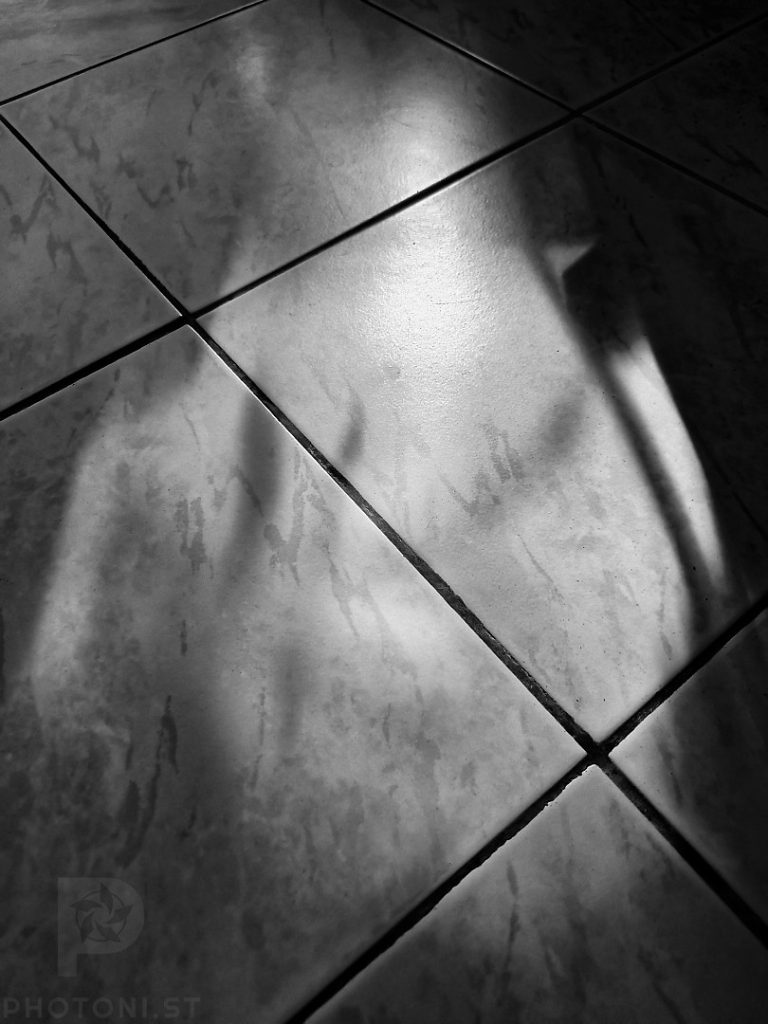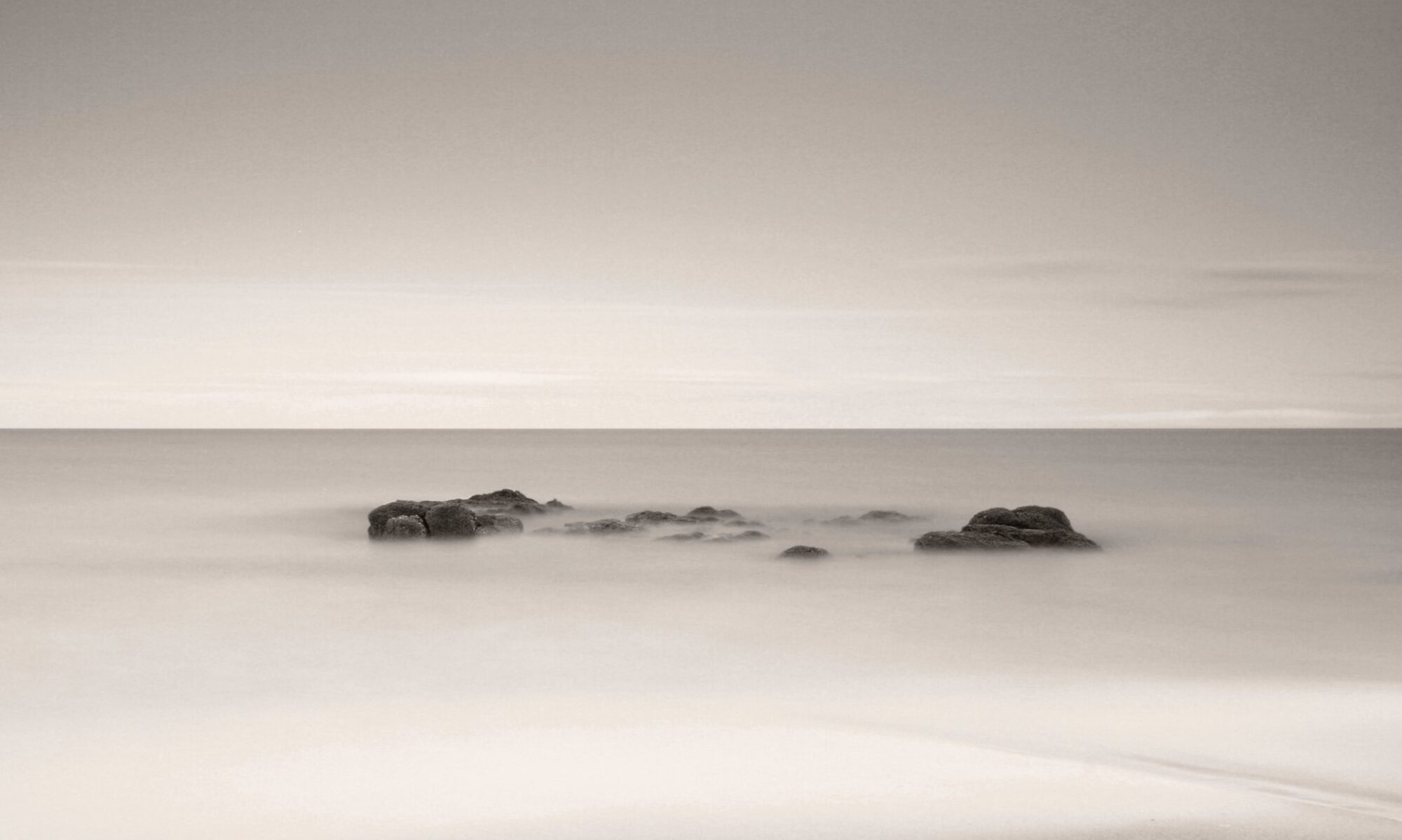Your habitual locations tend to feel boring, empty of photographic interest. Ordinary is a curse. But are they, really? Is it really what the problem is?

I’ve long cursed my location for being photographically barren. I live in a tiny village where next to nobody lives (97 inhabitants), in the middle of nowhere (15km to the nearest supermarket), and where nothing ever happens. Same yellowish buildings, same predictable corners, same tedious light falling on the same unremarkable surfaces. My camera felt heavier each time I stepped outside my front door, weighed down by the certainty that nothing here deserved documenting.
Then I visited a my sister’s equally mundane suburban town near Lyon. Suddenly, my shutter finger came alive. Their pedestrian street corners became geometric studies. Their ordinary garden walls transformed into texture investigations. Their boring afternoon light turned golden and purposeful.
However, that location wasn’t objectively different from mine. It’s not like it was New-York or Chicago. Yet I was seeing it with fresh eyes whilst remaining blind to identical opportunities metres from my bedroom.
This isn’t photographer’s block. It’s neurological efficiency working against us.
Our brains evolved to filter out the familiar because constant novelty detection would be exhausting and counterproductive. Imagine noticing every doorknob, every pavement crack, every leaf pattern every single day. You’d be cognitively overwhelmed within hours. Some autistic people experience exactly this: an inability to tune out the mundane, leading to sensory overload from what the rest of us dismiss as background noise.
So your brain helpfully makes the usual invisible. The problem is that “usual” becomes “worthless” in our minds, when it’s actually just “unnoticed.”
The standard advice is to travel more, seek new locations, chase exotic backdrops. This works, but it’s expensive and temporary. You can’t relocate physically every time you need fresh perspective. More importantly, it treats the symptom rather than the cause.
The real solution is mental relocation: consciously shifting your frame of reference without moving your feet. I call it translocation from the medicine sense.
I started treating my village as if I were a visitor from another century. Suddenly, the mundane telephone wires became evidence of invisible communication networks. The worn stone steps told stories of countless footfalls. The peeling paint on shutters revealed layers of domestic history.
Then I tried being a visitor from another planet. Now the geometric patterns humans create (perfectly straight roads, right-angled buildings, parallel parking) looked fascinatingly artificial against organic landscapes. The ritual of dog-walking became an anthropological study.
Then I went on walks, trying to notice things I would normally ignore when driving, making the conscious effort of asking myself “have I seen that before?” or “did you really look at that house?”. I saw details in walls, arrangements of street lights, weed growing in the road that I had never noticed before.
Each mental relocation revealed different aspects of the same physical space. The place hadn’t changed; my relationship to it had.
This principle extends far beyond photography. Brilliant strategists become stale because they can’t see fresh angles in familiar markets. Writers block themselves by dismissing their own experiences as “too ordinary” whilst mining others’ mundane stories for inspiration.
The most successful people have mastered this mental mobility. They can make the familiar strange and the strange familiar at will. They relocate conceptually dozens of times per day: viewing their industry through a competitor’s eyes, seeing their product from a customer’s perspective, examining their team dynamics from an outsider’s position.
Physical relocation is luxury. Mental translocation is necessity.
The next time you feel stuck by familiarity, don’t book a flight. Change your frame of reference. Become a time traveller, an alien observer, a detective, a historian. Ask what someone from a different profession, culture, or era would notice in your exact situation.
The mundane will reveal itself as extraordinary. Not because it changed, but because you relocated your mind to see it properly.
#Photography #Theory #PhotographyTheory #IMayBeWrong

